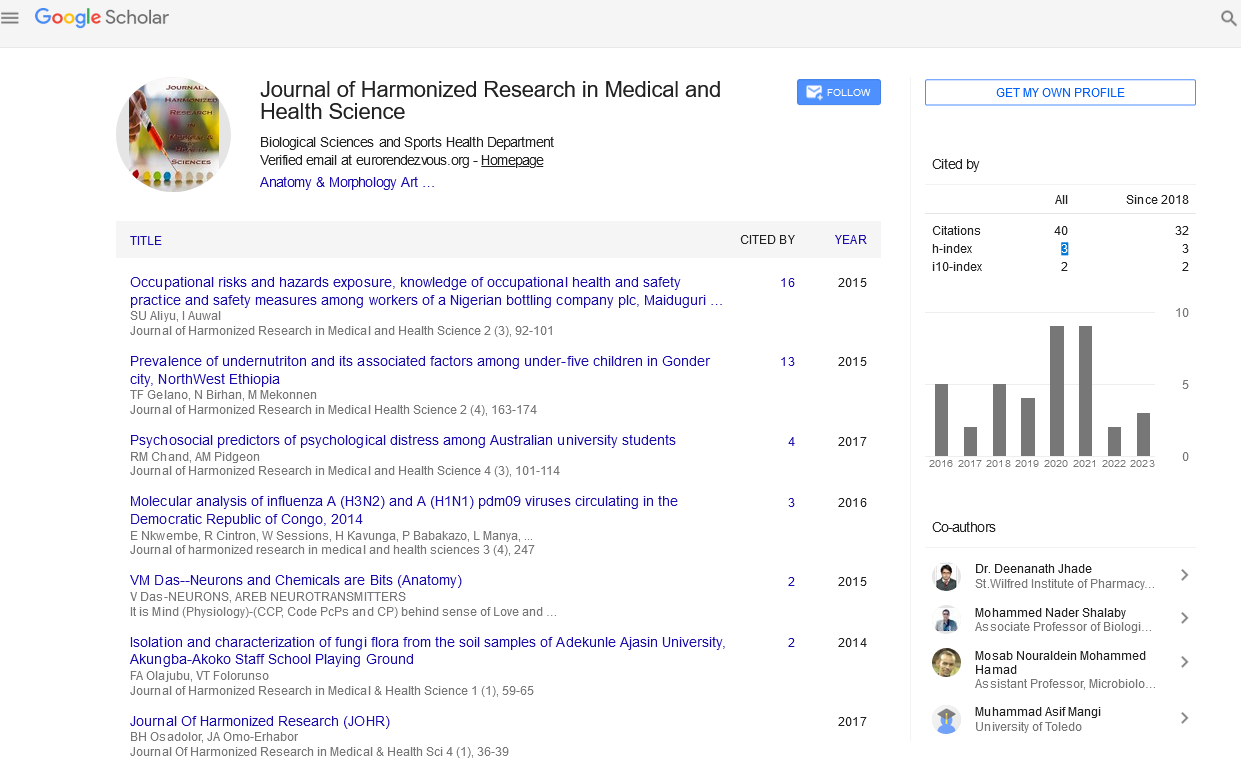DIAGNOSIS OF HUMAN PARAGONIMIASIS IN COSTA RICA USING INTRADERMAL TEST AND IMMUNOBLOT
Abstract
Author(s): Edith Ulate, Gerardo Rojas, Roderico Hernández-Chea, Ana E. Jiménez-Rocha, Gaby Dolz
xcretory-secretory antigen (ESA) and adult somatic antigen (ASA) were obtained from adult worms of Paragonimus mexicanus. These antigens were characterized, tested and compared for its use in serodi agnosis of human paragonimiasis. ESA proteins with 30-32.5 kDa and ASA proteins with 30-35 kDa molecular weight reacted consistently with positive control sera, these proteins were determined as specific for detection of antibodies against P. mexicanus in immunoblotting. ASA was also used to prepare an intradermal test. In an indigenous community, 100 children were administered the intradermal test, 23 reacted positive. ESA immunoblot carried out with blood samples of the children detected 11 sera positive, while immunoblot with ASA detected 14 sera positive. Results of ESA immunoblot showed good correlation (0.86) with ASA immunoblot results, but both immunoblots showed moderate correlation (0.50 and 0.58) to the intradermal test. Although both antigens, seemed to be adequate for its use in serodiagnosis, we recommend the use of ESA for serological diagnosis of paragonimiasis in Costa Rica, since cross-reactions with other parasitic infection, especially with other trematode infections, did not occur. Furthermore, intradermal tests should be used for monitoring population at risk, and ESA immunoblot to confirm active infections of P. mexicanus. Key words: Paragonimus mexicanus, secretory-excretory antigen, adult somatic antigen, immunoblot, intradermal test










